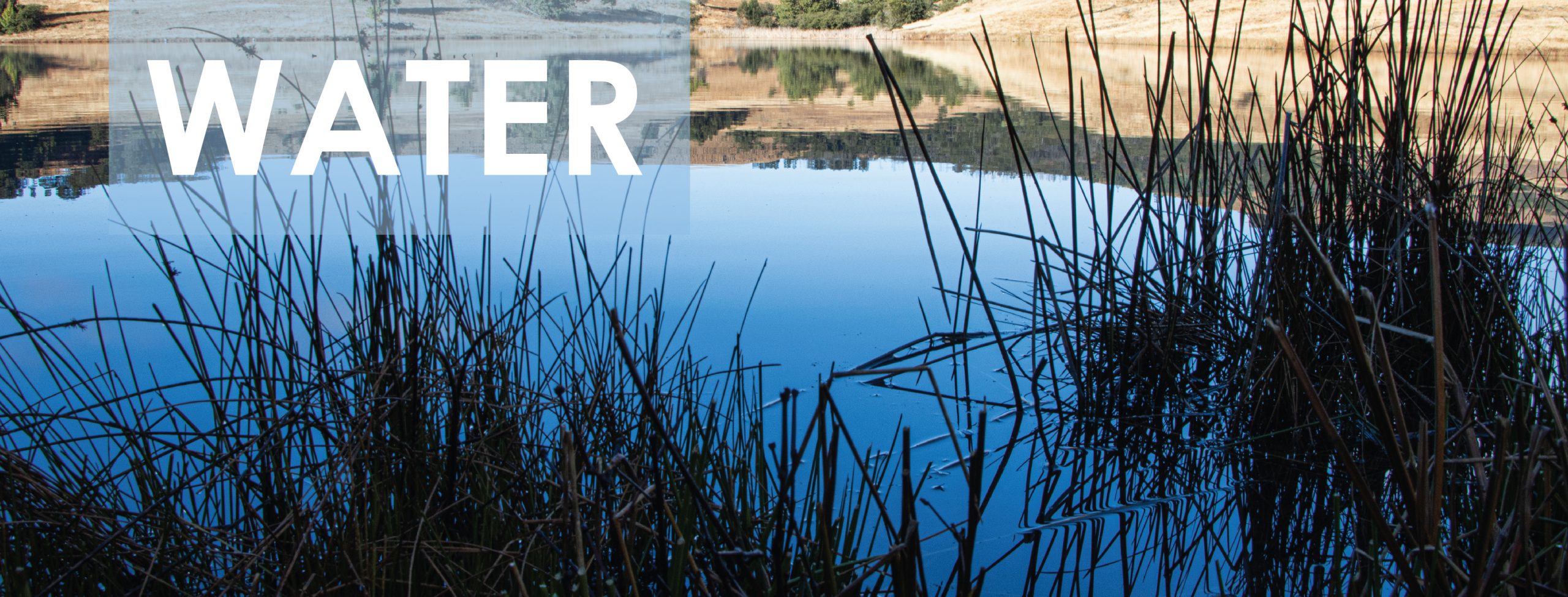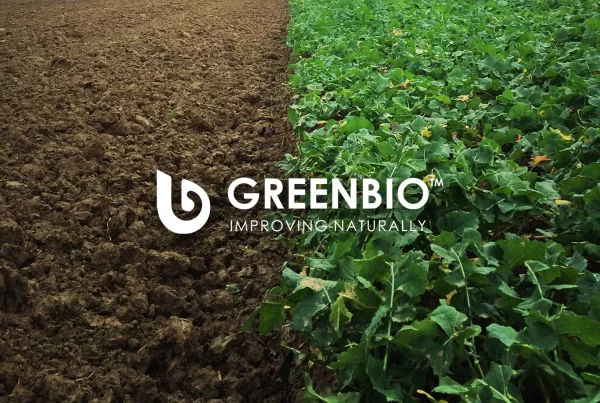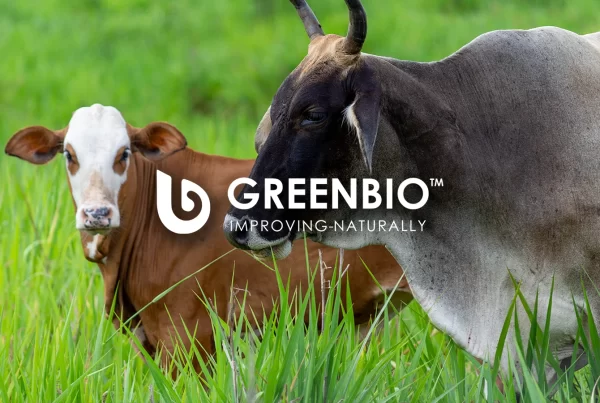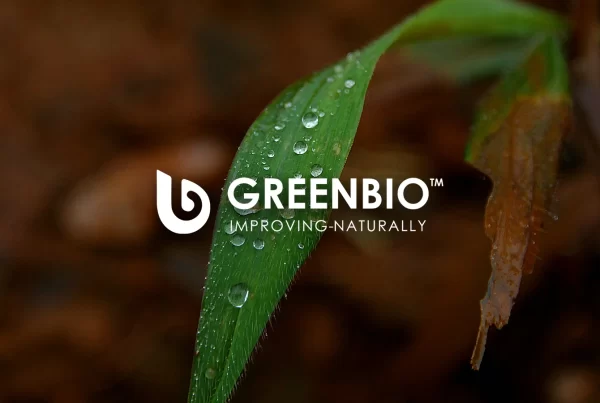Regardless of our accomplishments, we owe our existence to a six-inch layer of topsoil, water, and the fact that it rains.
We cannot survive without it. In Southern Africa we realise this on a daily basis. We have prolonged droughts and unusual weather patterns. Our seasons are ever changing.
Healthy robust topsoil can retain more water than degraded “moeg geploegde” soil, water penetration and water retention leave a lot to be desired.
How often do we say our prayers of thanksgiving, because it is raining? But we have done nothing in our management system, to prepare for rain, and prevent our topsoil from being washed away?
Our climate is changing. Irrespective of whether you want to call it global warming, or if you deny that it is happening. We cannot carry on with our destructive agricultural management practices, and think we will remain profitable.
Our ways and viewpoints should change from where we currently farm. We must manage our natural resources as if this is the last harvest we’ll ever need. We should come to a viewpoint and management practices where we secure the resources for generations to come.
The following section is taken form the book Chicken Nutrition – by Rick Kleyn
“Water is often called the fundamental nutrient. Whereas animals may survive for considerable periods without food, without water they would soon die.
Water is required in the body for the maintenance of body temperature and for almost all metabolic processes. In nutritional terms, water is the single most important nutrient that we feed to animals. Yet in most instances, it is taken completely for granted and therefore often neglected. Water usually receives attention only when mechanical problems occur.”
Water constitutes the major component of both cells and the extra-cellular environment.
It does, in fact sustain life by performing the following important functions:
- The transportation of nutrients (glucose, amino acids, minerals, vitamins)
- Transportation of gas, in particular oxygen and carbon dioxide
- The transportation of wastes towards the liver and kidney
- Transportation of hormones
- Regulation of cellular hemostasis
- Adjustment of body temperature
- Maintenance of mineral homeostasis
- Excretion of end products of digestion, anti-nutritional factors ingested with the diet, drugs and drug residues.
Water quality
The quality of water offered to animals may have a direct bearing in their ultimate performance. Extremes in pH, bacteria, nitrogen levels, hardness and excessively low or high naturally occurring elements can adversely affect water quality.
Its chemical and microbiological content determine the quality.
We must employ management practices where we preserve our water, regardless of our profession. Everybody must look at water and air as the most important resource. We must protect it, because our life depends on both these natural resources.
Water contamination is often not taken into consideration when certain management practices are applied. This is probably the most fundamental issue in today’s industrial area. For example, applying chemicals, in the various forms, in modern agriculture, but also in other industries.
There are always unforeseen consequences when contaminating water. The price we are already paying, and the price future generations will pay will be too high for the short-term benefits.
It is not only chemicals and its applications that can contaminate water, but also organic waste, resulting from the various industrial farms. It is crucial to have a proper waste disposal plan for the discarding of faecal material and other organic waste, including dead animals.
We cannot afford that organic waste be the source of a disease outbreak on farms because the waste management system failed.
Conclusion
We must look after our natural resources – air, water and soil – and how we can benefit optimally from these resources. Not exploiting them, nor contaminating them, but for the benefit of all living creatures.
Only after the last tree has been cut down, only after the last river poisoned, only after the last fish has been caught, will we find out that we cannot eat money.
-Indian Proverb
Photography: Gerry Weber
Follow us on Facebook for more updates. Read more about regenerative farming here.





